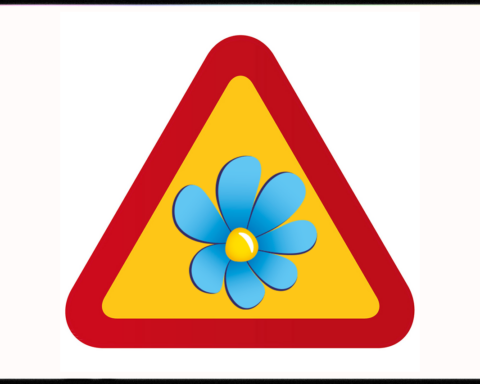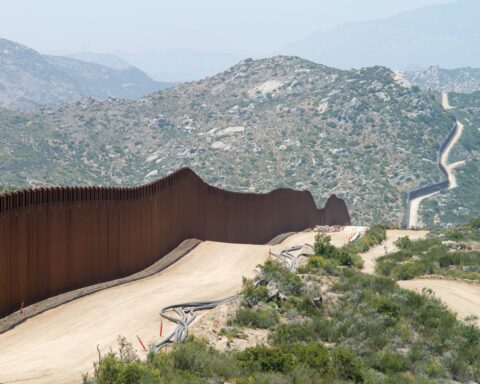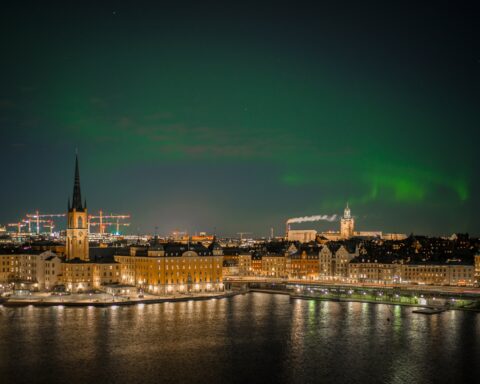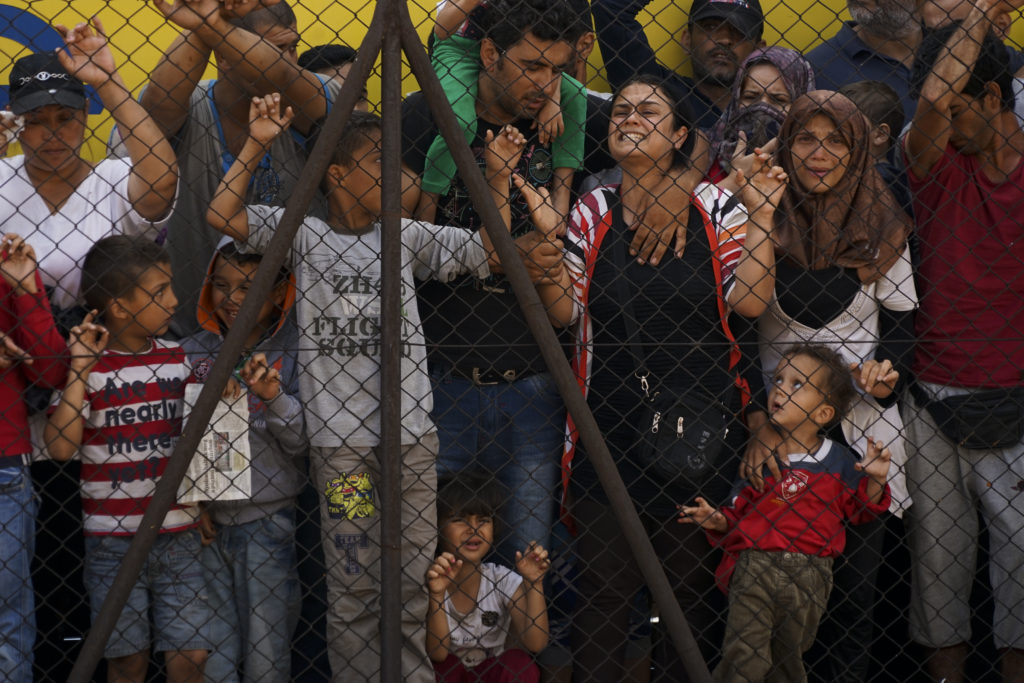
HUMANITY. In “Pieces of the puzzle – Managing migration in the EU” researcher Bernd Parusel argues for a new European immigration policy and system based on human rights, social inclusion and global cooperation. One important conclusion is that if the EU cannot improve and learn from current failures, it will be more or less impossible to create better solutions at the world level as well.
During 2015, more than 1 million refugees, asylum-seekers and migrants came to the EU. Most of EU-governments accepted the majority of immigrating individuals as in cases of Germany, Sweden and Portugal. But instead of taking pride in such large and historical humanitarian effort, the EU has changed negatively when it comes to policies, decisions and communication. Even those EU-states as Germany with a “welcoming attitude” are not more restrictive and pessimistic regarding humanitarian migration.
While the Corona pandemic has resulted in border closures and reduced human mobility across the world, the EU: Commission has been organising a new “New Pact on Migration and Asylum”. A pact that most of the EU-governments and parliamentary groups in the European Parliament are unsatisfied with. Several analysts and experts have already been proclaimed the pact as “business as usual” where ideals of open society and closed society are mixed as a European, one can often feel that issues concerning immigration policies and systems are a never-ending story.
However, it is not a never-ending story, but migration will always be part of Europe. After all, most Europeans have someone in their history as parents or have friends and colleagues who have been refugees and immigrants. Also, as the EU is integrating politically and economically, even the migration policy areas will have to follow. It is hard to have a single market and common institutions with 27 asylum systems.
Historically seen, EU-governments have been discussing and negotiating about integrating policies and institutions for the humanitarian and labour migration already since the 1980s.
Such historical background is described in the book “Pieces of the puzzle – Managing migration in the EU” by Bernd Parusel, published via European Liberal Forum. Parusel makes a detailed historical presentation that is important when understanding Europe concerning migration. In the first place, the book is a strong encouragement to political actors, especially liberal and progressive ones, to find and create better solutions than the existing ones.
Parusel emphasises that it is important to defend human rights that are EU:s cornerstone and push forward with new dynamics such as offering meaningful storytelling about the future of Europe. For example, an important proposal in the book is how new legal pathways could be created so that more people can enter the EU legally, freely and safely when applying for the right to asylum. Among other important proposals are to develop new mechanisms for shared responsibilities between EU-governments.
The book provides a detailed and comprehending analysis concerning what has happened and what can be done by Europe. Parusel is also proposing better cooperation between the EU and other governments as the African ones when it comes to humanitarian assistance and deportation actions. The overall message is that more fences and walls will not work, while better cooperation and common goals will benefit humans, governments and continents.
Finally, an important message of the book is that what is done Europe does not stay in Europe. Parusel highlights the importance of the 2018 Global Compact on Migration agreement and negotiations depending on European governance and development. Thereby, the EU can improve itself and our planet regarding human dignity and security.
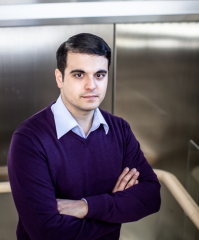
global@opulens.se
